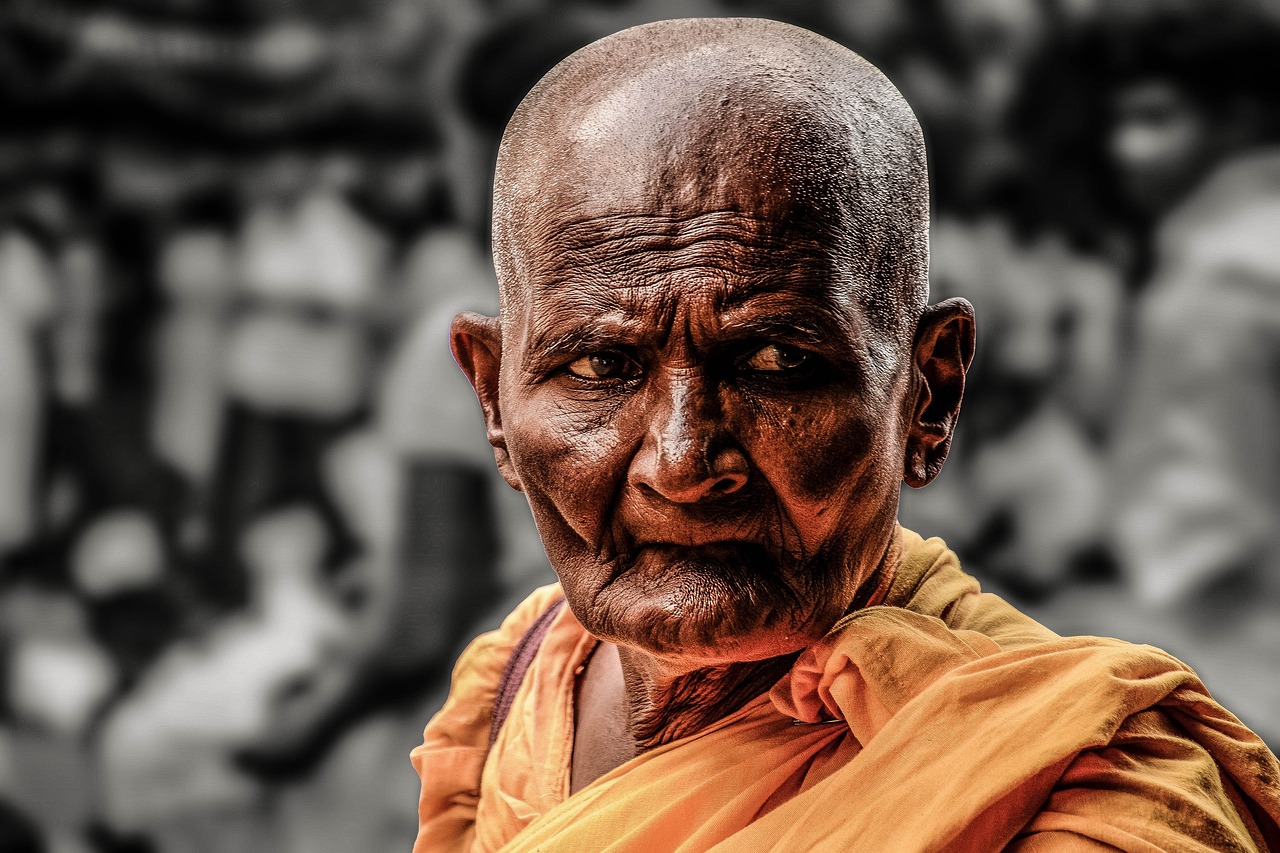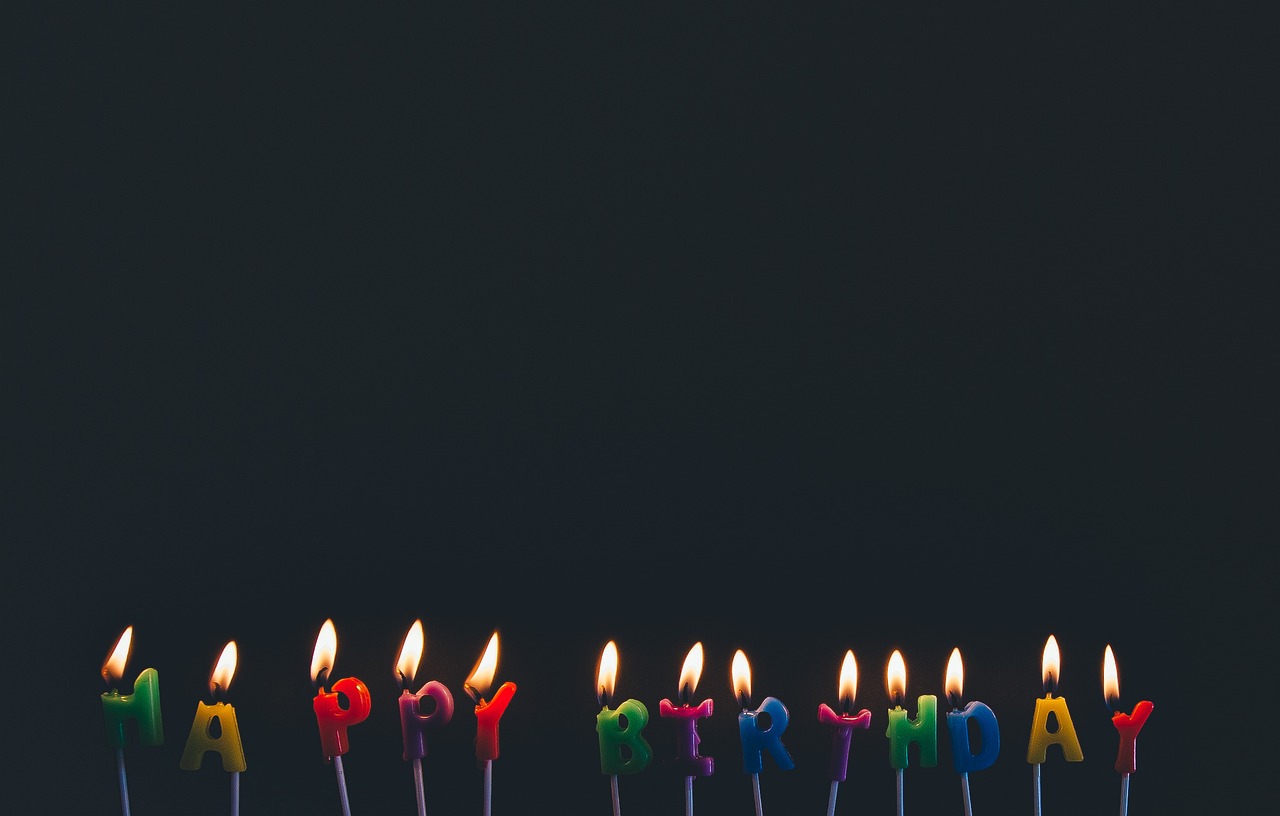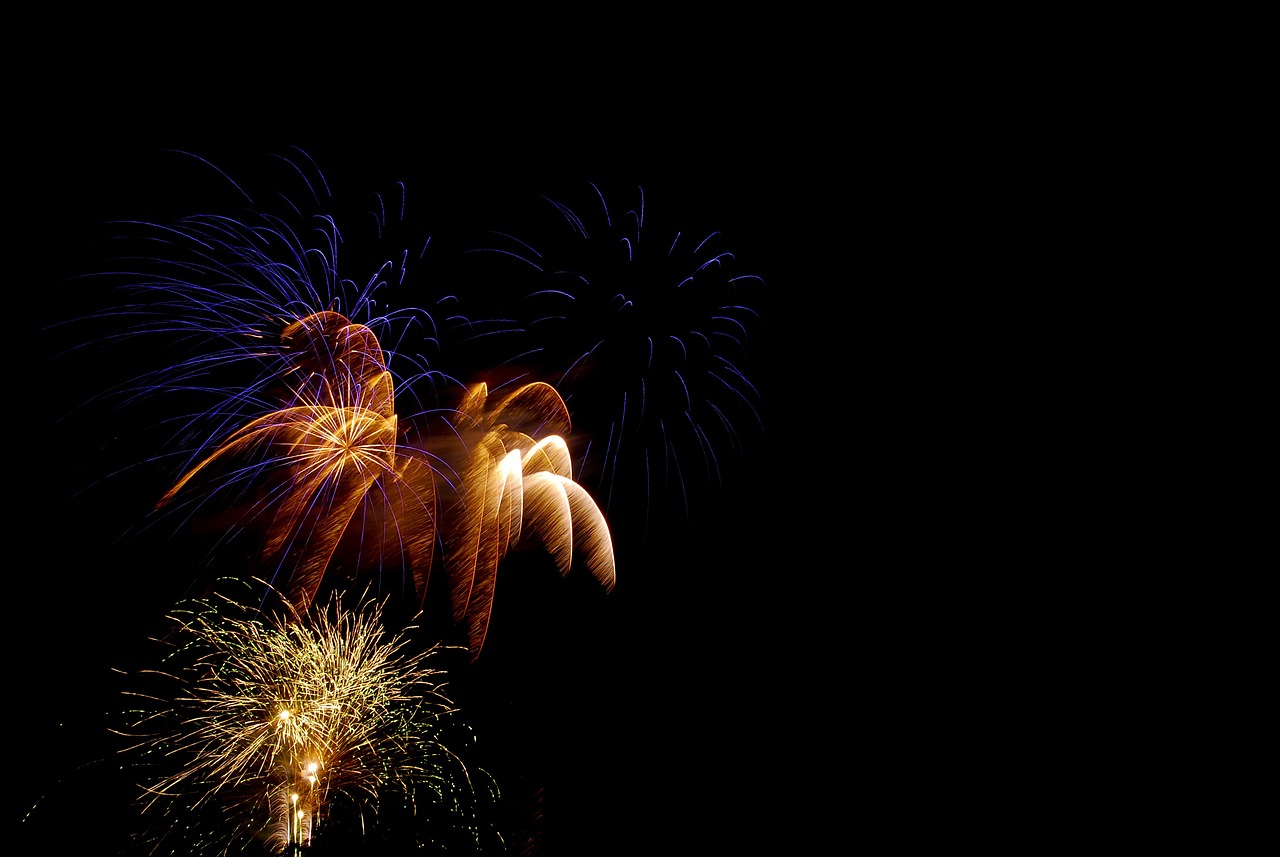Malaysia's Wesak Day - A Celebration of Buddha
Wesak Day in Malaysia is a significant Buddhist festival that commemorates the birth, enlightenment, and death of Buddha. It holds immense importance for devotees who use this occasion to reflect on Buddha's teachings and engage in acts of generosity and kindness.

History of Wesak Day
Wesak Day, also known as Vesak Day, holds deep historical significance in Malaysia as it commemorates the life and teachings of Siddhartha Gautama, the revered founder of Buddhism. This auspicious day marks the birth, enlightenment, and death of Buddha, encapsulating the essence of his spiritual journey and profound wisdom.
The roots of Wesak Day trace back to ancient India, where Siddhartha Gautama, after years of seeking truth and enlightenment, attained spiritual awakening under the Bodhi tree. This pivotal moment, known as his enlightenment or Nirvana, forms the core of Buddhist belief and is celebrated with reverence and devotion by followers across the world, including Malaysia.
In Malaysia, Wesak Day is observed with traditional rituals and ceremonies that pay homage to Buddha's life and teachings. Devotees gather at temples and monasteries to offer prayers, light incense, and make symbolic offerings as a gesture of respect and gratitude. The atmosphere is imbued with a sense of peace and serenity, reflecting the core values of Buddhism.
Through the centuries, Wesak Day has evolved into a vibrant celebration that not only honors the historical events in Buddha's life but also serves as a reminder of the timeless teachings he imparted. It is a day of reflection, contemplation, and renewal, inviting devotees to deepen their spiritual practice and embody the principles of compassion, mindfulness, and wisdom.
This annual observance of Wesak Day in Malaysia serves as a spiritual anchor for the Buddhist community, fostering a sense of unity and shared purpose. It is a time to come together, regardless of background or ethnicity, to celebrate a common heritage and engage in acts of generosity and kindness that resonate with the teachings of Buddha.

Traditional Practices
Traditional practices during Wesak Day in Malaysia are deeply rooted in the core teachings of Buddhism. Devotees engage in various rituals and activities to honor the birth, enlightenment, and death of Buddha. One of the most common practices is alms-giving, where individuals offer food and donations to monks as a gesture of generosity and humility. This act symbolizes the importance of selflessness and compassion in the Buddhist faith.
Chanting sutras is another traditional practice observed during Wesak Day. Sutras are sacred texts containing the teachings of Buddha, and reciting them is believed to bring blessings and spiritual merit. Devotees often gather at temples to chant sutras together, creating a harmonious and meditative atmosphere that fosters inner peace and reflection.
Acts of kindness and compassion are also emphasized during Wesak Day. Devotees strive to embody the virtues of Buddha by showing compassion towards all beings and practicing loving-kindness in their interactions. This includes helping those in need, showing empathy towards others, and cultivating a mindset of non-violence and understanding.
Visiting temples and making offerings is a common practice during Wesak Day. Devotees adorn Buddhist shrines with flowers, candles, and incense as a sign of respect and devotion. By offering these items, individuals express their gratitude for the teachings of Buddha and seek blessings for themselves and their loved ones.

Symbolism of Wesak Day
Wesak Day holds deep symbolic significance in the hearts of Buddhists around the world. This auspicious occasion represents the core tenets of Buddhism, encapsulating profound meanings within its rituals and practices. One of the central symbols of Wesak Day is the lotus flower, which emerges from the murky depths of the pond to bloom in pristine beauty. This symbolizes the journey of spiritual enlightenment, where individuals strive to rise above the challenges and impurities of life to attain a state of purity and wisdom.
Furthermore, the lighting of lanterns during Wesak Day symbolizes the dispelling of ignorance and the illumination of knowledge. Just as a lantern cuts through the darkness, the teachings of Buddha are believed to guide followers towards enlightenment and understanding. The act of offering incense is another symbolic gesture, signifying the purification of the mind and the cultivation of inner peace through mindfulness and meditation.

Celebrations Across Malaysia
Wesak Day is celebrated with great enthusiasm and joy across Malaysia, especially in bustling cities like Kuala Lumpur, Penang, and Johor Bahru. The streets come alive with vibrant decorations, colorful lanterns, and intricate flower arrangements adorning temples and homes. Devotees and visitors alike gather at Buddhist temples to pay homage to Buddha and participate in various ceremonies and rituals.
One of the highlights of the celebrations is the grand processions that take place, where statues of Buddha are paraded through the streets accompanied by devotees chanting prayers and mantras. These processions symbolize the spiritual journey of Buddha and serve as a visual representation of devotion and reverence towards the enlightened one.
During Wesak Day, temples organize special services and events, including meditation sessions, Dharma talks, and cultural performances that showcase the beauty of Buddhist traditions. These activities not only educate the public about Buddhism but also create a sense of community and togetherness among participants.
Furthermore, Wesak Day in Malaysia is not just limited to religious observances but also extends to social and charitable activities. Many Buddhist organizations conduct community outreach programs such as charity drives, free medical camps, and blood donation campaigns as a way to give back to society and embody the spirit of compassion taught by Buddha.

Significance of Lanterns and Flowers
During Wesak Day celebrations in Malaysia, lanterns and flowers hold profound symbolic significance. The glowing lanterns symbolize enlightenment, illuminating the path to spiritual awakening and knowledge. Just as a lantern dispels darkness, Buddhists believe that the teachings of Buddha bring light to dispel ignorance and guide them towards enlightenment.
On the other hand, flowers represent impermanence and the transient nature of life. The delicate beauty of flowers serves as a reminder of the fleeting nature of existence and the importance of living in the present moment. By offering flowers during Wesak Day, devotees express their appreciation for the beauty of life and acknowledge the impermanence of all things.
Furthermore, the act of offering lanterns and flowers during Wesak Day is a gesture of reverence and devotion towards Buddha and his teachings. It reflects the devotees' commitment to honoring the principles of compassion, mindfulness, and non-violence that are central to Buddhism.

Community Outreach Activities
Community Outreach Activities during Wesak Day in Malaysia play a vital role in embodying the teachings of compassion and selflessness advocated by Buddha. Various Buddhist organizations across the country come together to organize a range of charitable initiatives and community services as a way of giving back and spreading kindness. These activities not only benefit the less fortunate but also serve as a reminder of the importance of serving others and practicing generosity.

Modern Observance and Adaptations
In contemporary Malaysia, Wesak Day celebrations have evolved to incorporate a blend of traditional practices with modern observance. Alongside the customary rituals of alms-giving and prayer, devotees now engage in a variety of activities that cater to the changing times and preferences of the community.
One notable adaptation is the inclusion of Dharma talks, where Buddhist teachers impart teachings on various aspects of the faith, providing insights and guidance to the attendees. These talks serve as a platform for learning and reflection, allowing individuals to deepen their understanding of Buddhism in a contemporary context.
Additionally, meditation retreats have become a popular feature of Wesak Day celebrations, offering participants an opportunity to retreat from the hustle and bustle of daily life and immerse themselves in a tranquil environment conducive to inner reflection and spiritual growth. These retreats provide a space for individuals to quiet their minds, cultivate mindfulness, and connect with their inner selves.
Cultural performances have also found their place in modern Wesak Day observance, showcasing the rich heritage and artistic traditions of Buddhism through music, dance, and theatrical presentations. These performances not only entertain but also educate and inspire audiences, fostering a deeper appreciation for the cultural significance of the festival.
Overall, the modern observance and adaptations of Wesak Day in Malaysia reflect the dynamic nature of the Buddhist faith, demonstrating its ability to evolve and resonate with contemporary society while staying true to its core values of compassion, wisdom, and mindfulness.

Unity and Harmony
Wesak Day in Malaysia is not just a religious festival but also a powerful symbol of unity and harmony among the diverse population of the country. Regardless of ethnicity or background, Malaysians come together to honor the teachings of Buddha and celebrate the values of compassion, mindfulness, and peace. This shared experience fosters a sense of togetherness and understanding, transcending cultural differences and promoting a sense of unity.
Frequently Asked Questions
- What is the significance of Wesak Day in Malaysia?
Wesak Day in Malaysia holds great significance as it commemorates the birth, enlightenment, and death of Buddha, the founder of Buddhism. It is a time for devotees to reflect on Buddha's teachings, practice acts of generosity and kindness, and seek blessings from monks at temples and monasteries.
- How do devotees observe Wesak Day?
Devotees observe Wesak Day by participating in alms-giving, chanting sutras, and engaging in acts of kindness and compassion. Many visit temples to make offerings, light lanterns, and offer flowers as symbols of enlightenment, impermanence, and the beauty of life.
- What are some traditional practices associated with Wesak Day?
Traditional practices on Wesak Day include attending ceremonies at temples, meditating on the teachings of Buddha, and engaging in charitable activities such as blood donation drives and free medical camps. Devotees also strive to cultivate inner peace and wisdom through virtuous actions.
- How is Wesak Day celebrated across different cities in Malaysia?
Wesak Day is celebrated with fervor in cities like Kuala Lumpur, Penang, and Johor Bahru, where temples are adorned with colorful decorations and processions are held to honor Buddha. Community outreach activities, such as charity events and cultural performances, are also organized to promote unity and harmony.
- What is the symbolic significance of lanterns and flowers on Wesak Day?
Lanterns and flowers hold symbolic meanings on Wesak Day, representing enlightenment, impermanence, and the transient nature of life. Devotees offer these items as a gesture of reverence and devotion to Buddha and his teachings.



















